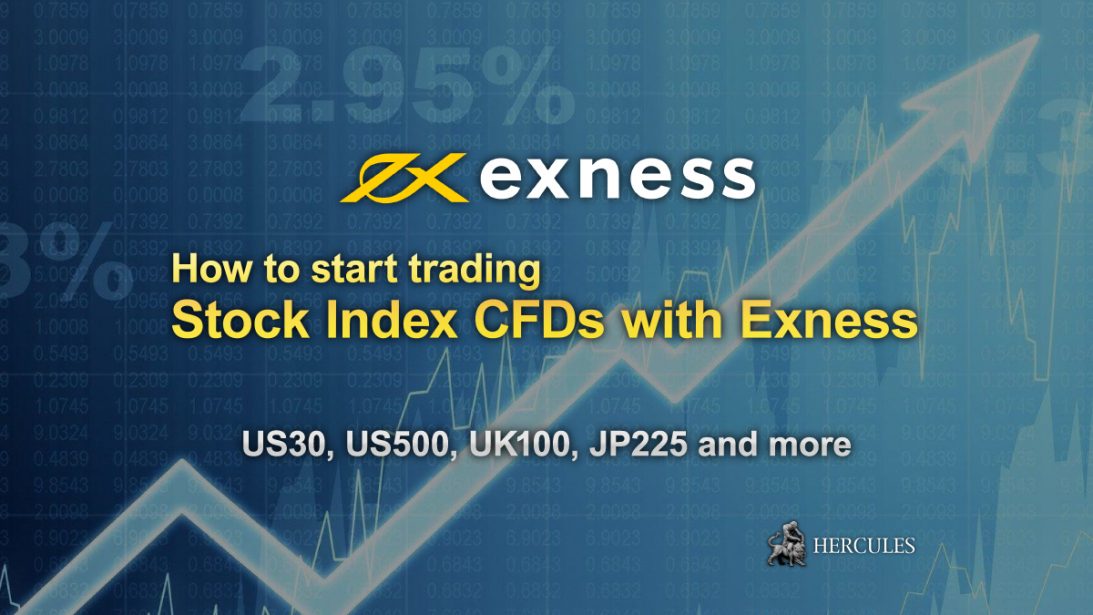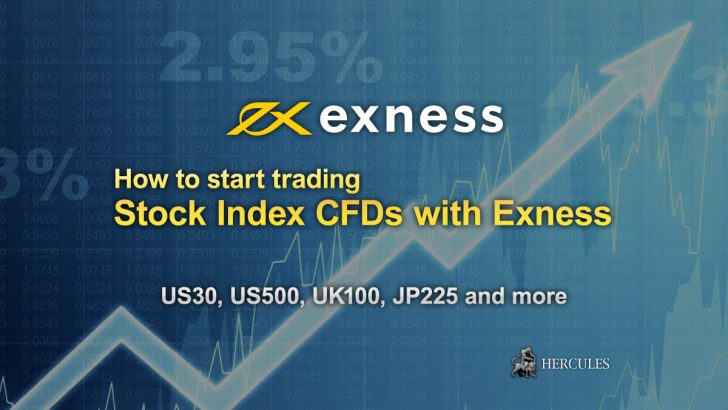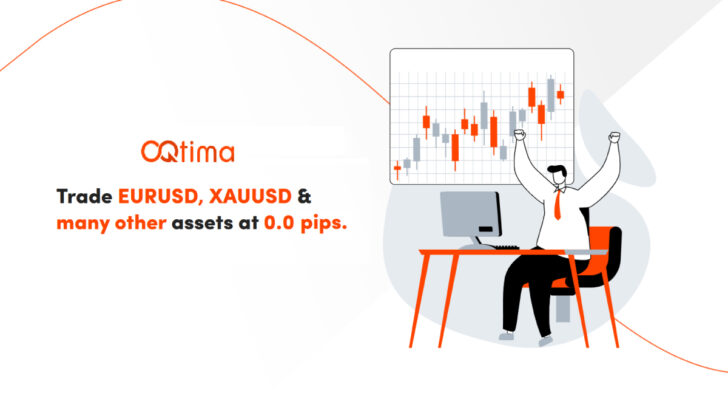Categories
How to start trading Stock Index CFDs with Exness?
Stock Index Trading with Exness: How to Start, Risks, and Key Differences from Forex. Start trading stock indices with Exness today—take advantage of global markets and trade with advanced tools on MT4 and MT5!


Stock index trading involves speculating on the overall performance of a group of stocks rather than individual shares, with major indices including the S&P 500, Dow Jones, and Nikkei 225. The most common way to trade indices is through CFDs, allowing traders to profit from both rising and falling prices. Risk management is crucial in index trading, as volatility can lead to potential losses, making tools like stop-loss and limit orders essential. Compared to Forex, index trading is generally less volatile and more suited for long-term strategies, while Forex offers greater liquidity and leverage potential. To start trading with Exness, traders need to create an account, complete profile verification, and choose a suitable platform like MT4 or MT5.
Learn how to trade stock indices with Exness, explore the risks, and understand key differences between index trading and Forex.
| Feature | Details |
|---|---|
| Definition | Trading on the price movements of a stock market index rather than individual stocks. |
| Popular Indices | Dow Jones, S&P 500, FTSE 100, Nikkei 225, Australia 200 |
| Trading Method | Mostly through CFDs, ETFs, futures, and options. |
| Risk Factors | Market volatility, economic events, geopolitical news. |
| Comparison with Forex | Less volatile, suitable for long-term trades, lower liquidity than Forex. |
| Trading Platforms | Exness MT4 and MT5 |
| Risk Management | Use stop-loss, limit orders, and trailing stops to manage risk. |
| Account Opening | Requires profile verification, identity confirmation, and fund deposit. |
What is stock index trading?
The index measures the change in the price of a particular group of stocks over time.
They allow trading the value of many companies as one product.
Stock market indexes are also used to track the performance of an industry, economy, or sector in general.
Here are some of the world’s major indexes:
- Dow Jones ( US30 ) – tracks 30 large and publicly traded US companies
- S&P 500 ( US500 ) – tracks 500 large cap US companies
- FTSE 100 ( UK100 ) – tracks the 100 largest companies listed on the London Stock Exchange
- Australia 200 ( AU200 ) – tracks the 200 largest companies listed on the Australian Securities Exchange
- Nikkei 225 ( JP225 ) – tracks the 225 largest companies listed on the Tokyo Stock Exchange
Since an index is essentially a number that reflects the health of a market or economy, it cannot be bought or sold directly.
Thus, you can trade indices via CFDs (Contracts for Difference), ETFs (Exchange-Traded Funds), index funds, index futures, or options.
Start trading Stock Indices with EXNESS
How to start index trading with Exness?
The most popular way to start trading indices is through CFDs.
This financial instrument allows traders to profit from the difference between the opening and closing prices of the underlying asset – in this case, the index.
You can trade indices in both directions, just like when you trade currency pairs.
You have the potential to profit from both rising and falling prices.
For example, if you think the index will go up, open a long (long) position.
However, if you think the index will go down, open a short position.
To trade stock indices effectively, you must understand what moves the price.
Generally, prices are driven by news (e.g. earnings reports), political issues, and the global economic situation.
Technical analysis can also be used. The best index funds to invest in
Go to EXNESS’s Official Website
What are the risks of index trading?
Index trading is considered a relatively safe form of trading, especially for long-term investments, as you spread your risk across segments of a stock rather than a single stock.
However, some volatility risks remain. Stock indexes can go up or down for a variety of reasons. But unfavorable price movements can lead to losses, especially if you are not able to react quickly to price changes.
Gathering news and analysis will help you make better decisions. It’s also a good idea to use a risk management tool. Choosing tools such as Stop Loss, Limit Orders and Trailing Stops will help you protect yourself from volatility.
Index vs. Forex: what’s the difference?
- Volatility
- The Forex market is very volatile. You need to predict the movement of a currency pair, which can be affected by many factors. On the other hand, when trading indices, you are predicting the broad movements of a particular stock market, which are less volatile.
- Liquidity
- Some stock market indices are less liquid than the Forex market (which is the largest and most liquid market globally).
- Time strategy
- Index trading may be more suitable for long-term traders. On the other hand, Forex trading tends to be more suitable for short-term traders who choose to profit from small price changes.
- Leverage
- At Exness, Forex trading has the maximum leverage potential, the unlimited leverage. The index is only traded with a limited leverage.
Please note that it is better to choose an instrument that suits your trading strategy, level of knowledge, understanding of the market and risk tolerance.
Go to EXNESS’s Official Website
How to open an account on Exness?
Click the ‘Open an account’ button on EXNESS’s Official Website and proceed to the Personal Area.
Before you start trading, first complete the profile verification process.
Confirm your email address and phone number, and verify your ID. This procedure aims to ensure the safety of your funds and identity.
After you have completed this procedure, please login to the platform of your choice, and start trading.
FAQs to summarize the article
- What is stock index trading?
- Stock index trading involves speculating on the overall price movement of a stock market index rather than individual stocks.
- How can I trade indices with Exness?
- You can trade stock indices using CFDs on the Exness MT4 or MT5 platforms.
- Which stock indices can I trade with Exness?
- Popular indices available for trading include the Dow Jones, S&P 500, FTSE 100, and Nikkei 225.
- Is index trading riskier than Forex?
- Index trading is generally less volatile than Forex, making it more suitable for long-term investors.
- What factors influence index prices?
- Index prices are affected by economic news, political events, earnings reports, and global market conditions.
- Can I trade stock indices with leverage on Exness?
- Yes, Exness provides leverage for index trading, though it is lower than Forex trading leverage.
- What risk management tools should I use?
- Traders should use stop-loss, limit orders, and trailing stops to minimize risks.
- How do I open an Exness trading account?
- Sign up on the Exness website, verify your profile, and start trading with MT4 or MT5.
- Can I trade indices on a demo account?
- Yes, Exness offers a demo account to practice index trading before using real money.
- Is index trading better for short-term or long-term strategies?
- Index trading is generally more suited for long-term strategies compared to Forex.
Latest Features
- Close






